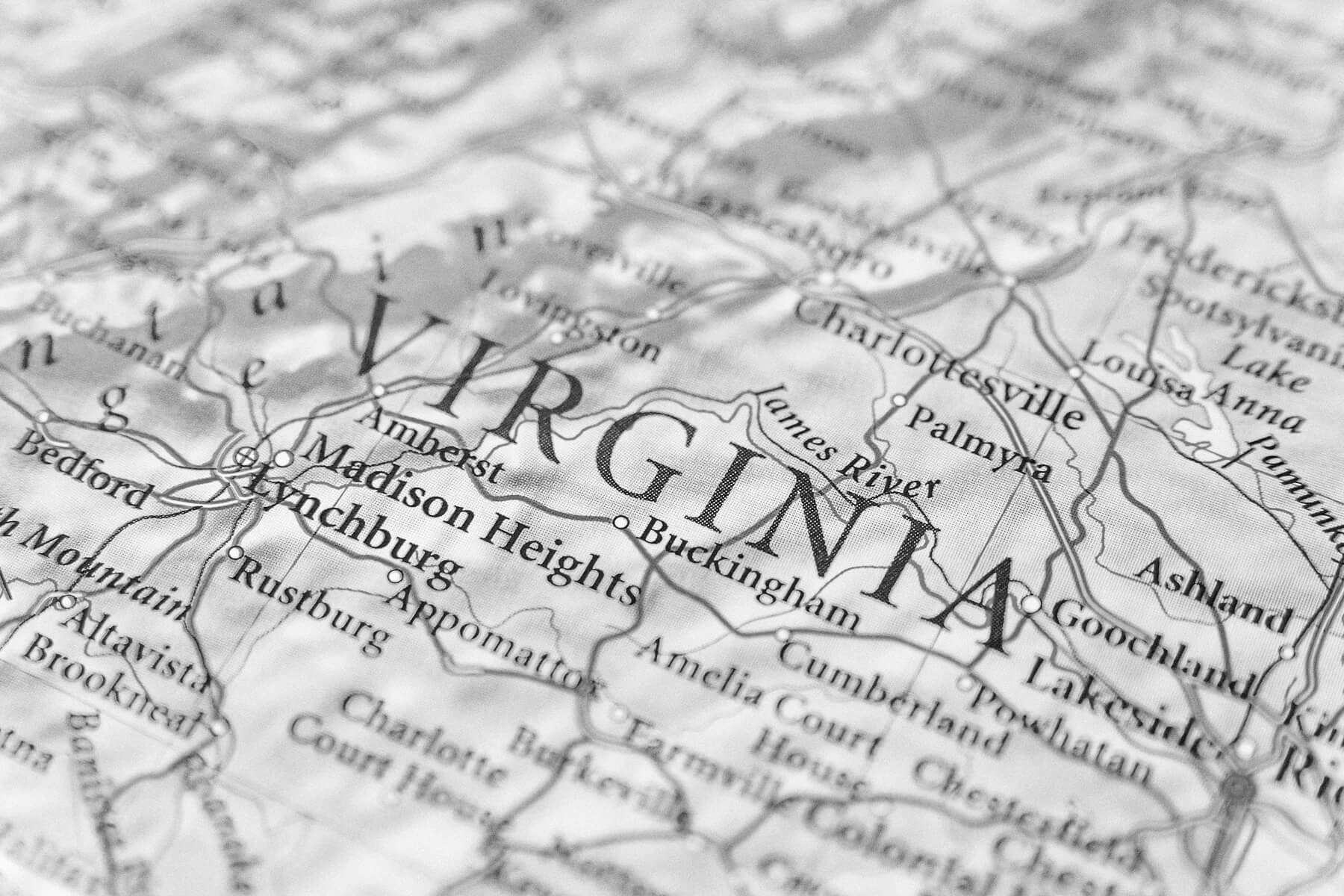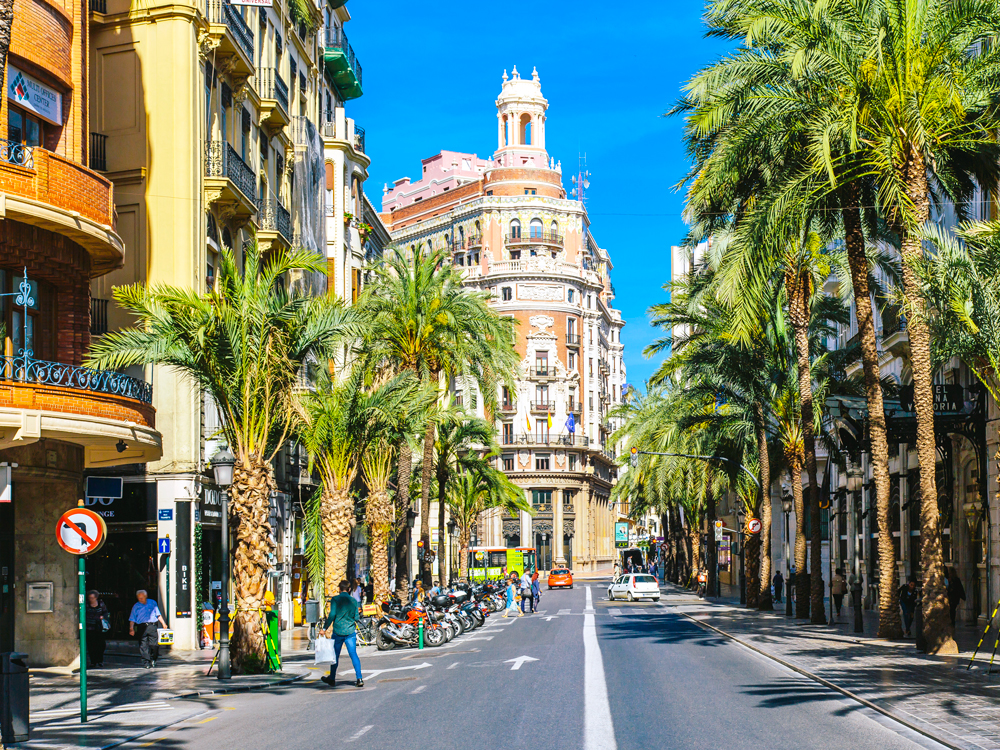
Charles III Is the Oldest Person to Ascend to the British Throne
Given that his mother and predecessor, Queen Elizabeth II, was the longest-reigning monarch in British history — ruling for over 70 years — it makes sense that Charles III holds the distinction of being both the longest-serving British heir-apparent and the oldest individual to assume the British throne. Having ascended to the role at 73 years, 9 months, and 23 days old, Charles was almost a decade older than the previous record-holder, King William IV, who was 64 years, 10 months, and 3 days old upon becoming the king of England in 1830. On the flip side, Henry VI holds the record of being the youngest individual to assume the British throne — he became king in 1422 at just 8 months and 25 days old.

Charles III Is the First British Monarch to Hold a University Degree
While Charles was born into a life of luxury with every resource at his fingertips, he decided to forgo the traditional at-home tutoring for royals and seek out higher education. In 1970, Charles received a bachelor’s degree from Trinity College at Cambridge University, becoming the first heir to the British crown to earn a degree of higher education. At school, Charles studied anthropology, archaeology, and history, an impressive range of topics to balance alongside his royal duties as Prince of Wales — a role he officially took on at an investiture ceremony in 1969 at age 20.
After graduating, Charles enlisted in the Royal Navy and Royal Air Force, a decision he made to follow in the footsteps of his father. While serving in the armed forces from 1971 until 1976, Charles also earned a Master of Arts degree from Cambridge in 1975.

Charles III Is an Accomplished and Bestselling Watercolorist
Charles has painted as a lifelong hobby. He was inspired by an art teacher, Robert Waddell, while at the Gordonstoun School (an independent boarding school in Scotland), and was later taught by British artists Edward Seago and John Napper, among others. His works — done primarily with watercolor — have made him one of England’s bestselling living artists, raking in over £2 million in earnings between 1997 and 2016.
And even though he’s now king, Charles isn’t done offering his works for public purchase. His most recent sale was a print he created of Balmoral Castle, which was auctioned off in October 2022 for nearly $6,500 U.S. dollars and is considered possibly the first piece of artwork by a living monarch offered at auction.
The Scottish family home of Castle Mey was a favorite subject of Charles’ in his early years as a landscape painter, though he has since branched out to paint locations from all around the globe. In 1986, Charles painted the Imperial Palace in Kyoto, and during a 1989 diplomatic visit with his then-wife, Princess Diana, he painted Double Haven Bay in Hong Kong. One of his watercolors was even turned into a ski pass: His depiction of Klosters — Charles’ favorite ski resort, located in Switzerland — was used as the design for that resort’s pass during the 1997 season.
More Interesting Reads

Richard Nixon Attempted to Set Charles Up With His Daughter
In a 2021 interview, Charles revealed an unusual encounter he had with former U.S. President Richard Nixon. When Charles was on a diplomatic visit to the U.S. in 1970 as a 21-year-old, Nixon attempted to set the young prince up with his daughter, Tricia. While the romance ultimately went nowhere, Charles and Nixon’s daughter were seen galavanting about D.C., where Charles escorted Tricia to a White House dinner. The pair even attended a baseball game between the Washington Senators and Milwaukee Brewers at RFK Stadium. Tricia went on to marry a law student by the name of Edward F. Cox, whereas Charles famously married Lady Diana Spencer in 1981.

He’s the First English Monarch to Be Named Charles Since the 17th Century
Upon taking the regnal title of Charles III, England’s king became the first “Charles” to hold the position since 1685. Both of his predecessors reigned in the 17th century, beginning with Charles I, king of England from 1625 until his execution in 1649 during England’s Civil Wars. Much like Charles III, Charles I was a strong proponent of the arts, spending significant amounts on paintings by Raphael and Titian, and even instituting the official post of Master of the King’s Music (which survives to this day). Charles II reigned from 1660 until 1685, having spent the previous nine years in exile in France. While there’s no telling what the future holds, the current heir to the throne — Charles III’s son Prince William — could become the first “William” to hold the title of king of England since William IV died in 1837, should he choose to keep that name.

Charles III Is an Architecture Buff and Urban Planner
Charles III has long been passionate about English architecture, going so far as to write a 1989 book titled “A Vision of Britain,” in which he opined that Britain’s past architectural decisions should form the nation’s future. That same year, Charles helped develop and launch an experimental and sustainable community in the city of Dorchester called Poundbury, which is set to be completed in 2025 after decades of work. Despite its work-in-progress status, Poundbury is currently home to more than 4,600 residents, and was built in a New Urbanist style that promotes walkability. Charles has long believed in sustainable architecture and urban planning that lowers society’s carbon footprint; one of his main design goals is to “not depend so completely upon the car.”

Charles’ Aston Martin Runs on Wine and Cheese Byproducts
Speaking of cars, Charles’ Aston Martin DB6 — which he has owned since 1970 — uses an untraditional fuel source, in keeping with his efforts to lower his own personal carbon footprint. Instead of gasoline, Charles’ favorite vehicle uses repurposed surplus English white wine and whey made from the cheesemaking process, which is converted into bioethanol fuel. The unique fuel is created by a company called Green Fuels in Gloucestershire, who worked with Aston Martin specialists to produce the unusual energy source.

Charles III Is Related to Vlad the Impaler, the Inspiration for Dracula
It may or may not be a connection that Charles is proud of, but England’s king is indeed related to the brutal Romanian ruler known as Vlad the Impaler, who formed part of the Irish writer Bram Stoker’s inspiration for the character of Dracula. Genealogical evidence shows that Vlad is Charles’ great-grandfather 16 times removed through Queen Mary of Teck, his great-grandmother. Fortunately, there doesn’t seem to be any other overlap between the two men — although Charles does own a house in Transylvania.

Charles III Has a Frog Named After Him
King Charles III has long been involved with climate change activism and efforts to preserve the rainforest. In 2012, scientists honored his activism by naming a tree frog from the cloud forests of Ecuador Hyloscirtus princecharlesi. The frog — less formally known as the Prince Charles stream tree frog — is endangered, threatened by both climate change and habitat loss. For his rainforest advocacy efforts, Charles has sometimes been called the “Frog Prince.”











